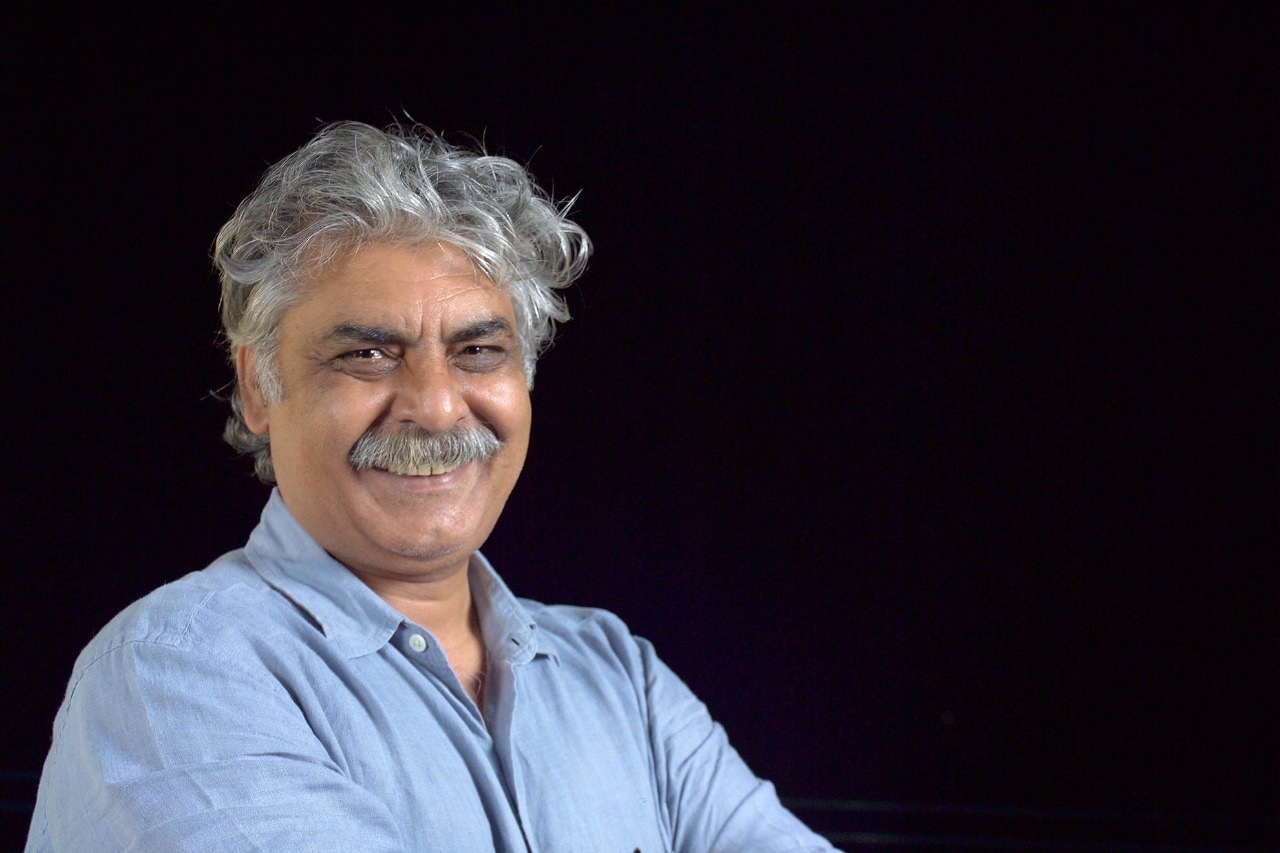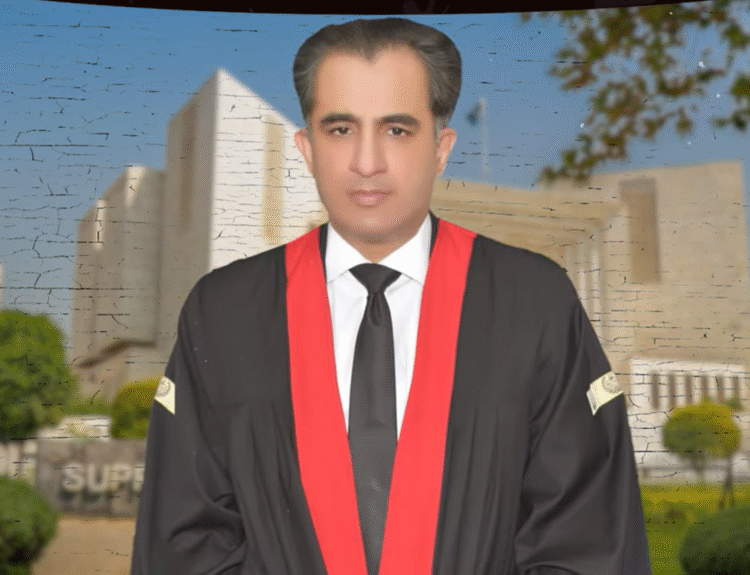Khalid Hussain –
So who won the war? Which one? This present one that everyone feared might go nuclear between India and Pakistan? Or the one they have always fought over Kashmir?
Well done Prime Minister Imran Khan. Especially for making it clear no one has won any war. And one must commend what is actually some brilliant statesmanship by Foreign Minister Shah Mahmood Hussain Qureshi. It is not easy risking being seen as weak. The decision to let captured Indian Air Force Pilot Squadron Leader Abhinandan go is a huge one. The move has put an effective end to the threat of war.
Indian electoral politics will most likely play out re-electing Prime Minister Narendra Moodi to continue the BJP rule. However, India has been seen playing with fire over their next general elections. The price BJP has paid by making Kashmir the flashpoint is to invite the whole world to solve it as an issue that threatens their security. Jingoism in India has already made it amply clear nothing can move in Kashmir without external mediation. One can almost see a potent international demand being led by the United Nations for a resolution of the Kashmir issue.
However, like all great politics, this international affair of nuclear fear too is no panacea. Rather it is a double edged sword. The BJP has won. India has lost. Pakistan might appear to have won external mediation on Kashmir. However, that does not necessarily mean they get to keep Kashmir.
The dare-devil brinkmanship by India and unflinching resolve to go to the extremes in Pakistan has made Kashmir the key global security issue. It is a territorial dispute that must be resolved to avoid nuclear conflict in south Asia. Thus it is no isolated happening the UN Secretary-General Antonio Guterres welcomed Pakistan Prime Minister Imran Khan’s decision on Thursday to release the captured Indian fighter pilot.
“The report of the release of the Indian pilot by the Pakistani authorities would be very much a welcome step,” the UN chief’s Spokesman, Stephane Dujarric, said in reply to a question at the regular noon briefing at un Headquarters in New York. The secretary-general was reported to be in touch with both India and Pakistan at various levels.
India never wanted external mediation over Kashmir. Yet they violated the UN Charter and international law that could have pushed the two nuclear states over the brink. It doesn’t matter whether or not either side wanted to escalate or who started the hostilities. The whole issue of nuclear security has obviously been made urgent with India attacking Pakistan.
United States President Donald Trump has already hinted there would be some “reasonably decent news” on the ongoing conflict between India and Pakistan. “They have been going at it and we have been involved in trying to have them stop,” Trump said. “We have been in the middle trying to help them both out.”
China, the European Union and other countries also called for restraint. Japan’s foreign minister said the country was concerned about the “deteriorating situation”. The Chinese government’s top diplomat, State Councillor Wang Yi, spoke by telephone with Pakistan Foreign Minister Shah Mahmood Qureshi and expressed “deep concern”, China’s foreign ministry said in a statement on Thursday.
The United States, Britain and France has proposed the United Nations Security Council blacklist Masood Azhar, the head of Pakistan-based Jaish-e-Mohammad, the group that claimed responsibility for the February 14 attack. Although China is likely to be oppose the move, yet the momentum to resolve Kashmir appears unstoppable now.
The surprise visit of former Norwegian Prime Minister Norway Kjell Magne Bondevik to Indian Kashmir to Kashmir Valley last November is proof international forces were at play. This was evident in the highly unusual way the former Norway PM met Hurriyat leaders Mirwaiz Umar Farooq and Syed Ali Shah Gilani besides Indian politicians in New Delhi. This impression was further reinforced when he proceeded to the Pakistani Kashmir where he met President Masood Khan in Muzaffarabad and others in Islamabad.
His meetings in Indian Kashmir with leaders of Hurriyat triggered a controversy that is indicative of the potential external mediation holds for peace in the region. It is a great diplomatic opening. Pakistan and India must cease the opportunity it makes possible for a lasting peace. On what inspired him to undertake trip to both sides of Kashmir, Bondevik who founded the Oslo Center, noted, “This is the longest lasting conflict in Asia, people are killed and are suffering a lot. This should be brought to an end. There are also several UN resolutions on the conflict and a recent report on the serious human rights situation.”
India has always been adamant Kashmir was a bilateral issue with Pakistan. For many years, the Indian government did not allow any foreign envoy to visit the Kashmir Valley or meet any separatist leader. Mr Bondevik’s visit on both sides of the Line of Control came days after movement on the Kartarpur corridor that will give Sikh pilgrims from India access to the Gurdwara Kartarpur Sahib in Pakistan.
Advocating a trilateral dialogue between India, Pakistan and leaders of Kashmir, the former Norwegian PM respects “the Indian approach. But we must also be aware of several UN resolution on the conflict and the recent report on the human rights situation. We need a tri-party-dialogue between the leaders in India, Pakistan and Kashmir.”
The Norwegian embassy in India made clear it was not involved with Mr Bondevik’s visits. Yet, Norway’s Prime Minister Erna Solberg also said the Kashmir dispute between the nuclear armed neighbours could not be solved only from a military standpoint. She made these remarks in an interview with NDTV on the eve of her meeting with Prime Minister Narendra Modi in New Delhi earlier in January this year. Solberg said, “If there is an interest from the partners, we will try to use the mechanisms that we know. We have been working quite a lot in different countries but we always have this one basic thinking. The partners need to want to sit down by the table and discuss. Then of course if there is a need for a mediator, a need for a facilitator to fix, even though these are two very big countries that should manage to sort out things between themselves.”
Bondevik has been interested in Kashmir since 2001. He came to Pakistan in 2017 and also held a seminar in Oslo. It is interesting to note Mashal Mullick, the wife of JKLF chairman Muhammad Yasin Malik addressed that seminar. The JKLF continues to assert that a secular, independent Kashmir free of both India and Pakistan is its eventual goal. It regards Pakistan as an ‘occupation power’ and carries out political struggle against it in Azad Kashmir.
This is going to give pause to many in Pakistan for an independent Kashmir is not something any one has ever actually contemplated in reality. Yet, it is fortunate that Norway has already been exploring ways and means to defuse this long standing nuclear threat to global security. Kashmir remains the contention between the two leading south Asian states. Norway has a long history of conflict resolution and it had played a key role in the resolution of the conflict with Tamil Tigers in Sri Lanka a few years ago.
No one can dispute the suggestion India and Pakistan should be talking more to each other. This will help both countries to also decrease military expenditure to boost development expenditures on health, education, and other social sector priorities.
Norway effort to resolve the Kashmir issue are not easy to out-rightly reject for New Delhi that has been resisting any third party mediation on Kashmir. Norway has mediated in a number of conflicts including Israel-Palestine, Sri Lanka, Haiti, Colombia, the Philippines, Guatemala, Nepal, Afghanistan and Sudan. Some conflicts were resolved, but some were not.
It is time Pakistan and India moved beyond Kashmir for good.
_________________________________________________________________________________________________________________
Khalid Hussain is Resident Editor of TLTP – You may contact Khalid Hussain at Resident.Editor@lawtoday.com.pk.pk
Categories
Uncategorized
Time to resolve Kashmir




